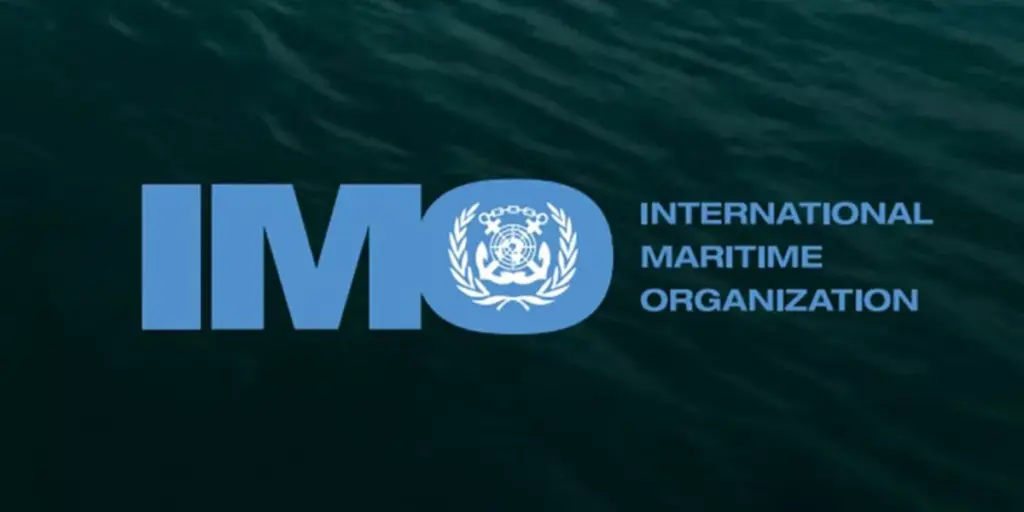The Secretary-General of the Maritime Organisation of West and Central Africa, Dr Paul Adalikwu, has stated that the association has begun engaging with 25 member countries to secure a bulk vote for Nigeria to clinch the International Maritime Organisation Category C in the election scheduled to take place later this year.
Alalikwu stated this on Wednesday in Lagos during an interview with journalists at the 2025 Regional Ferry Safety Conference.
As the next International Maritime Organisation Council elections will be held during the IMO Assembly’s 34th session in November-December 2025approach, Nigeria is positioning itself as a Category C candidate committed to inclusivity, equity, and climate-resilient maritime development in an increasingly interconnected and environmentally vulnerable world.
The Assembly will elect 40 members to the Council for the 2026-2027 biennium.
Last week, The PUNCH reported that the Minister of Marine and Blue Economy, Adegboyega Oyetola, has engaged in high-level meetings with leaders from several island nations to solicit support for Nigeria’s bid for election into Category C of the International Maritime Organisation Council later this year.
Speaking further, Adalikwu opined that with the coming together of many stakeholders, Nigeria would be able to win the converted position. He stressed that Nigeria last became a member of the IMO Category C in 2011, and since then, the country has contested four more times and lost.
“We hope that with all critical stakeholders coming together, Nigeria will have a good shot of winning this seat. They have contacted MOWCA, and we are engaging with the 25 member countries to give a block vote to Nigeria as well. And we hope that this will happen,” Adalikwu said.
Adalikwu lamented that the West African sub-region has been experiencing incessant boat accidents, underscoring the issue of ferry safety. “The issue of ferry safety is very important for the member states of MOWCA, the group covers the 25 countries of West and Central Africa.
“There have been incessant ferry accidents across the length and breadth of these countries. Nigeria, Senegal, and the Democratic Republic of Congo are the biggest culprits, with over 8,000 lives lost in the last decade, that’s a huge number,” he said.















